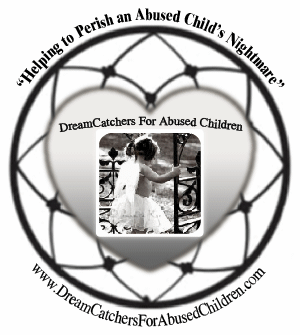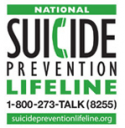Rape is a devastating trauma-a crisis-in one’s life. Regardless of the circumstances of a rape, it can take a long time to truly feel “better” again and move forward. Some people never move forward as they are unwilling or simply unable to process what happened to them. And, sadly, after feeling that they have healed and recovered, certain triggers can easily bring victims right back to square one.
The Initial Aftermath
 This stage of rape recovery immediately after the rape is more like “disaster clean-up” than healing-it is also known as the emergency phase. During this time, which can last days, weeks, or years, the victim is simply accepting the fact that this has happened to them. They are coming to grips with reality. During this time, a decision must be made to heal, to tell others about what happened, and to get help. It takes work and effort. Victims who were raped as children can often repress the memories of their abuse. For them, the initial aftermath phase can be delayed years, even decades. Victims who are raped as adults deal with other practical issues like being able to get to work, pay bills, take care of their children, and the effects of the rape on their marriage or sex life. READ MORE HERE
This stage of rape recovery immediately after the rape is more like “disaster clean-up” than healing-it is also known as the emergency phase. During this time, which can last days, weeks, or years, the victim is simply accepting the fact that this has happened to them. They are coming to grips with reality. During this time, a decision must be made to heal, to tell others about what happened, and to get help. It takes work and effort. Victims who were raped as children can often repress the memories of their abuse. For them, the initial aftermath phase can be delayed years, even decades. Victims who are raped as adults deal with other practical issues like being able to get to work, pay bills, take care of their children, and the effects of the rape on their marriage or sex life. READ MORE HERE
Children & Sexual Violence
|
WHEN THE VICTIM IS A CHILD
1/3 of girls and 1/6 of boys, before the age of 18…
According to the 1978 Russell survey, one-quarter of females experienced sexual assault or abuse before age 14, and well over one-third have had a sexually abusive experience by the time they reached age 18. One in six boys will have experienced sexual assault or abuse during childhood or adolescence. Some experts believe that, allowing for the underreporting of abuse against boys, the percentage of boys abused is the same as among girls. READ MORE HERE
|
24-HOUR RAPE CRISIS LINE
Professional staff and certified volunteers provide 24-hour crisis intervention, advocacy, emotional support and referrals to sexual assault victims, their families, and their friends in 150 languages via a 3-way tele-interpreter service. Although the 24-hour crisis line is confidential, it is governed by mandatory reporting laws. Please call our crisis line if you have questions about community services, or are in crisis and need immediate assistance.

 A 23-year-old Michigan man is facing child abuse charges after police say he savagely beat his 6-month-old son, leaving the infant clinging to life. Nicholas Spiridione, an EMT from Detroit, is accused of sending baby Jesse to the hospital with severe head trauma last Saturday. The baby boy, who is suffering from brain swelling and hemorrhaging, has undergone emergency surgery and is listed in critical condition at Children’s Hospital of Michigan in Detroit. READ MORE HERE
A 23-year-old Michigan man is facing child abuse charges after police say he savagely beat his 6-month-old son, leaving the infant clinging to life. Nicholas Spiridione, an EMT from Detroit, is accused of sending baby Jesse to the hospital with severe head trauma last Saturday. The baby boy, who is suffering from brain swelling and hemorrhaging, has undergone emergency surgery and is listed in critical condition at Children’s Hospital of Michigan in Detroit. READ MORE HERE
































![Validate my RSS feed [Valid RSS]](http://dreamcatchersforabusedchildren.com/wp-content/uploads/2009/10/valid-rss.png)












